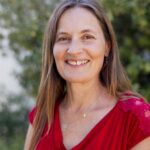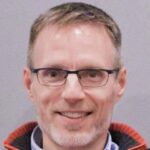
2024 Trainee Symposia Series
June 1 & 2, 2024
In-person at the George R. Brown Convention Center in Houston, TX.
The Trainee Symposia Series includes seminars on the science of sleep and circadian rhythms, career, development, as well as social activities for trainees to foster a collegial atmosphere. Prepare to embark on a voyage of scientific investigation and professional growth in the vibrant heart of Houston, TX, where intellect converges with inquiry, and aspirations take flight against the backdrop of a city pulsating with innovation. Immerse yourself in a realm of boundless discovery and scholarly exchange, while forging invaluable connections and honing your skills alongside fellow researchers. Join us at the forefront of knowledge dissemination, where networking meets profound learning, and together, let’s advance the field of sleep and circadian science.
Speakers
Phyllis Zee, MD, PHD
Northwestern University Feinberg School of Medicine
Michael Perlis, PhD
University of Pennsylvania, Perelman School of Medicine
Yeilim Cho, MD
VA Puget Sound Health Care, MIRECC
Fiona Baker, PhD
SRI International
Frank Scheer, PhD, MSc
Brigham and Women’s Hospital, and Harvard Medical School
Who Should Attend?
This course is ideal for:
SRS Trainees
AASM Student/Resident/Fellow Members






